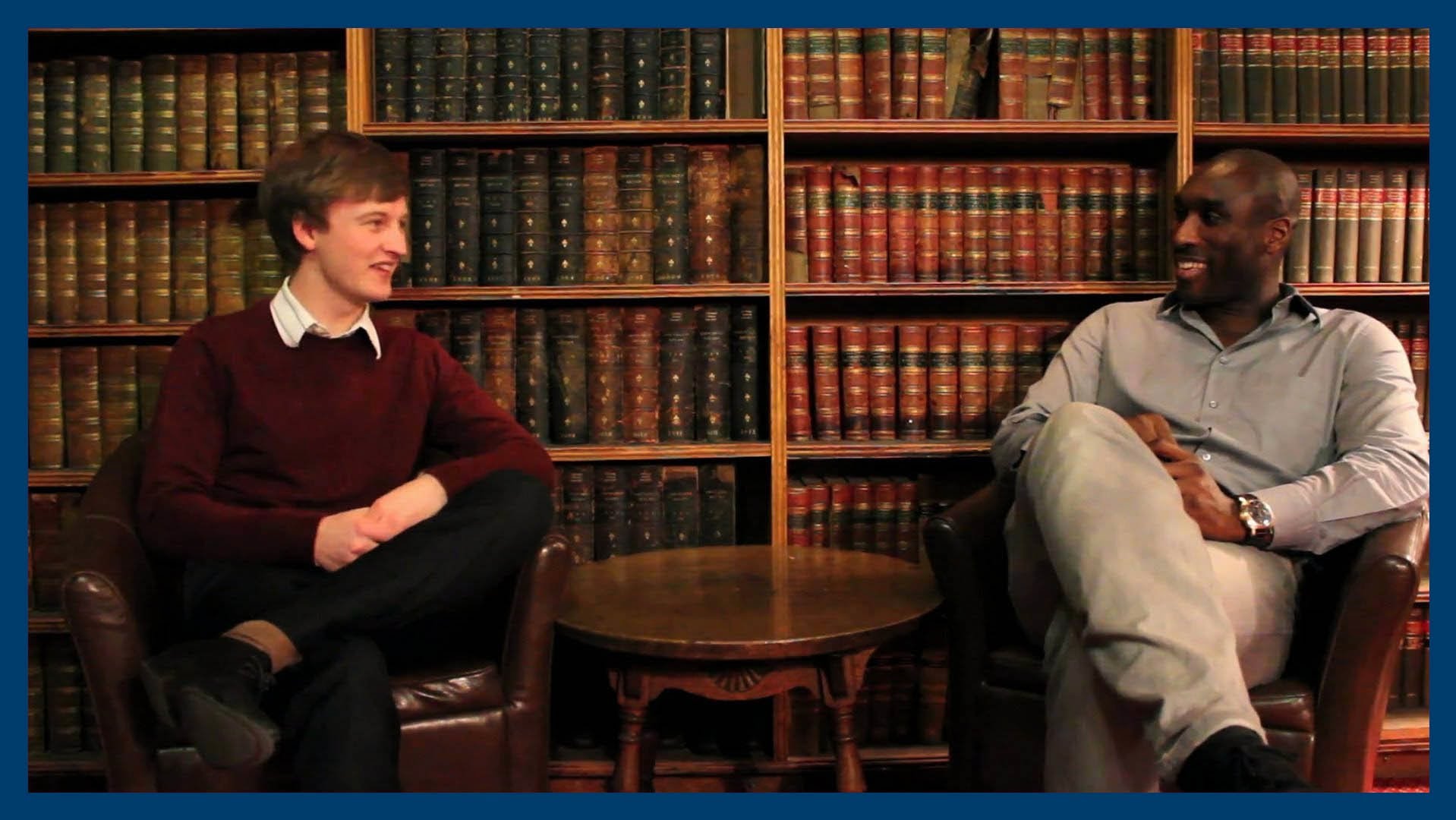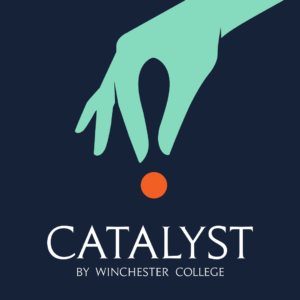Considering studying at one of the UK’s top two universities, but not sure how to differentiate between them? Then ask someone who knows both! I did my undergraduate studying Physical Natural Sciences at Peterhouse, Cambridge and am now coming to the end of the third year of a PhD in Atomic and Laser Physics at Keble College, Oxford. Here I’ll offer my personal experiences into the differences (and similarities) between the atmosphere, lifestyle and practicalities of these two fabulous institutions.

On the face of it there seems little to distinguish the two ancient universities of England (collectively known as Oxbridge). Both are ancient- amongst the oldest surviving universities in the world and centuries older than the other English universities. Consequently, both stand far apart from many of their more modern peers, both in the UK and abroad, in terms of endowment, heritage, tradition, architecture and past academic achievement. Both share the distinctive collegiate structure, where social, pastoral and some academic arrangements are decentralised into smaller communal institutions. Both draw similar numbers of students from similar backgrounds, and both share many of the quirks that make them so appealing- strange traditions, architectural aberrations, organisations such as the Unions Societies, with their famous debates and speaker events, and sporting events such as the Boat Race and Varsity.
The first thing to say is that more unites these institutions than divides them. However, there are important differences between the two of which anyone considering applying to Oxbridge should be aware. These differences could affect everything from your ability to pursue your extracurricular interests to the very success of your application. To understand them, a good place to start is a cursory glance at the long history of the universities.

Oxford is the older of the two- its exact date of founding is a matter of controversy, but Oxford was already a respected centre of learning nearly a thousand years ago. However, Oxford was also a major and established medieval city. Deep divisions emerged between the scholars, who travelled from all over the country to study there, and the townsfolk, who resented the favouritism and privileges enjoyed by the outsiders. This culminated in several lethal confrontations, one of which resulted in a contingent of academics fleeing Oxford and establishing a new university in a tiny market town in the Fens. That town was Cambridge.
These origins lead to the most common, clichéd and true quotes drawing distinction between the two:
“Oxford is a city with a university, Cambridge is a university with a city.”
Oxford was always the established university. It is and always was preferred by the ruling elite. In the Civil War, Oxford was the redoubt of the Monarchy whilst Cambridge was a stronghold of the rebellious (and victorious) Parliamentarians; later, Oxford was the centre of Anglo-Catholicism whilst Cambridge represented the evangelical and Puritanical side of English spirituality. In more recent times, Oxford alumni have dominated political discourse (compare the numbers of Prime Ministers produced by each) whilst Cambridge has been by far the more productive in terms of the scientists who sigh at their squabbling overlords and the satirists who mock them (compare Nobel Laureates and your favourite comedians). In short, Oxford is the ambitious and popular older sibling, but who feels they have more to prove, whilst Cambridge is the bookish but dry-witted and secretly rebellious younger one. In my personal experience, these traits manifest in the personalities of the students that you will encounter at the two universities.

In terms of urban character, Cambridge is the more relaxed of the two towns. Though both are small-ish by the standards of modern cities, Oxford is about 50% larger than Cambridge in population terms. With its industrial side and several large hospitals, Oxford has more of a “towny” feel, and its heavier traffic, more condensed centre and slightly more ambitious reputation lends it a more metropolitan and frenetic atmosphere. In Cambridge, the industry of the surrounding town is based on tech spin-offs that derive ultimately from the university, and attract the same sort of people. Cambridge’s streets are more pedestrianised, inhabited by fewer heavy buses and hurried professionals and more by ambling tourists and cycling students. This reflects in the architecture too. Oxford has more imposing buildings defining its streets, with its darker, crumbling limestone giving a more authoritarian aura. In contrast, Cambridge feels more calm and timeless with its many more trees and open green spaces, both inside and outside its colleges, more sparsely punctuated with fair-coloured sandstone buildings. The notoriously pluvial English climate is noticeably more merciful in Cambridge – deep in the East of the country, it is one of the driest places in northwestern Europe, although the price for clear weather is a harsh easterly wind in the winter.
Oxford, then, is more the city, and though the universities themselves are of similar size and have comparable extracurricular and social scenes, in the wider town there is certainly more going on in Oxford. This may however be a result of Cambridge’s slightly closer proximity to central London (the City is 50 minutes away on the train, compared to 1hr10 to Paddington from Oxford), forcing Oxford to become more self-reliant with its amenities.
To find out more about Ampla Education’s Oxbridge university admissions consulting, contact us at info@ampla-edu.com
________________________________________________________________________
______________________________________________________________
Educated at Abingdon School, Alex graduated from the University of Cambridge with a BA and MSci in Natural Sciences, specialising in Experimental and Theoretical Physics. Alex is currently in his third year of a PhD at the University of Oxford, in the Optical Quantum Technologies group of Professor Brian Smith. Having studied at both Cambridge and Oxford, Alex is able to advise students on the Oxbridge applications based on personal experience.
______________________________________________________________
________________________________________________________________________
© Ampla Education – Unauthorised use of this material without permission is strictly prohibited. Excerpts and links may be used, provided that full credit is given to Ampla Education



















